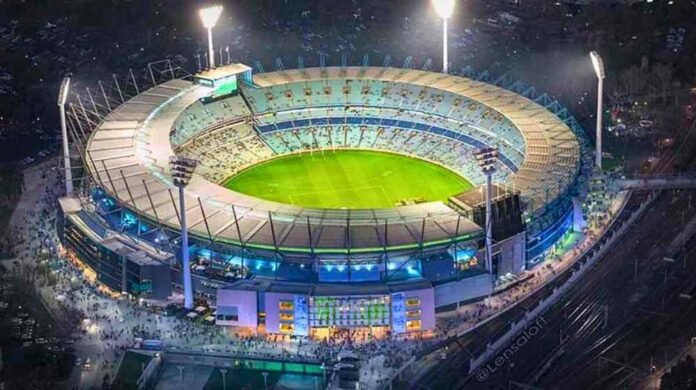Contents
Islamabad remains without a dedicated international cricket stadium, as the Capital Development Authority (CDA) continues to wrestle with where to build one — a problem rooted in decades-old planning decisions and subsequent policy reversals.
A Master Plan That Never Materialized
When Islamabad’s master plan was drawn up in 1960 by the Greek firm Doxiadis Associates, more than 2,200 acres along what is now Srinagar Highway were designated for a National Sports Centre. That land eventually became home to the Pakistan Sports Complex and a cluster of other sports and leisure facilities.
But in 1979, the federal government folded the area into Margalla Hills National Park, putting a freeze on new development. Since then, every attempt to create a cricket stadium there has been struck down. The most high-profile setback came in 2018, when the Supreme Court blocked a Pakistan Cricket Board project in the same zone.
Transportation Hub Sacrificed for Housing
The master plan had also reserved Sector I-8 for a citywide transport hub, but that too was altered. Instead of bus terminals, the area was converted into housing for bureaucrats. The only “national bus terminal” that CDA later earmarked was in Sector I-11, itself a residential sector — hardly a workable solution for a growing capital city.
The result: Islamabad today has neither a central transport facility nor an international cricket stadium.
F-9 Park Controversy Quashed
Public debate over the issue resurfaced recently when speculation spread that CDA intended to build a stadium inside Fatimah Jinnah Park (F-9), the city’s largest green space. The proposal drew immediate criticism, with environmental concerns topping the list.
Senator Mushahid Hussain Sayed warned the project would “destroy the park’s ecology” and create security complications, given the sensitive installations nearby.
CDA Chairman Mohammad Ali Randhawa quickly denied the reports. “Not at all,” he told Dawn. “We only want to improve the existing cricket ground with better pitches and grass. There is no plan to construct a stadium in F-9 Park.”
In a separate statement, he insisted that a future international stadium would be built “strictly in line with Islamabad’s master plan” and never inside a public park.
Searching for a Viable Site
The CDA is now preparing to hire consultants, in partnership with the Pakistan Cricket Board, to evaluate potential sites across the capital. Locations under review include land near D-12 at the foothills of Margalla, which had previously been set aside but never developed.
Officials say traffic management will be a key factor in selecting a site. “A stadium inside the city creates major congestion,” one CDA source said, pointing to Rawalpindi Cricket Stadium, where match days regularly choke roads and complicate security.
The Road Ahead
For now, progress depends on political will. Without revoking the 1979 ordinance that protects the original sports centre land, CDA cannot revisit the Srinagar Highway site. Meanwhile, any future stadium must strike a balance between accessibility, environmental preservation, and urban planning needs.
Until then, Islamabad — Pakistan’s carefully planned capital — continues to lack both a world-class cricket stadium and a central bus terminal, two facilities the city’s founding blueprint had promised more than six decades ago.


